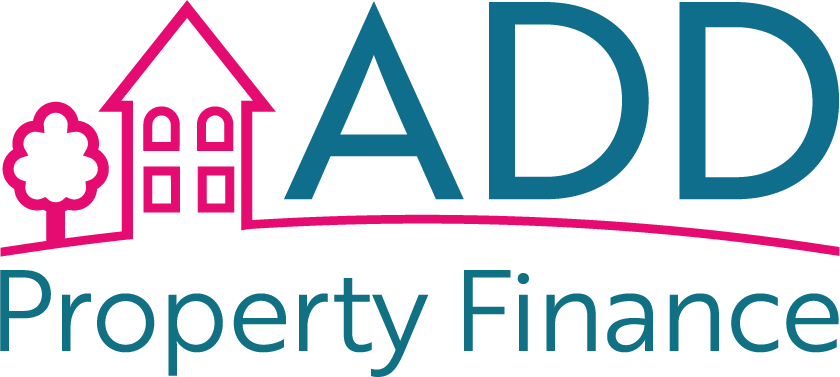When it comes to securing a mortgage as a self-employed individual in the UK, your credit score plays a pivotal role. Lenders use credit scores to assess your creditworthiness and determine your eligibility for a mortgage. In this article, we’ll explore how credit scores impact mortgage approval for self-employed individuals and provide strategies to improve your creditworthiness.
Understanding Credit Scores
Your credit score is a numerical representation of your creditworthiness. It’s based on your credit history, which includes factors like:
- Payment history: Timely repayment of loans, credit cards, and bills.
- Credit utilization: The percentage of available credit you’re using.
- Length of credit history: How long you’ve had credit accounts.
- Types of credit: The variety of credit accounts you have.
- Recent credit inquiries: The number of recent credit applications.
Why Credit Scores Matter
Lenders use your credit score to assess the level of risk associated with lending to you. A higher credit score suggests responsible financial behavior and reduces the lender’s risk, making it more likely for you to qualify for a mortgage with favourable terms.
Credit Scores for Self-Employed Applicants
Self-employed individuals face unique challenges when it comes to credit scores:
- Income Fluctuations: Self-employed income can be irregular, making it crucial to maintain a positive credit history during leaner periods.
- Limited Credit History: Self-employed individuals may not have a long credit history, which can affect credit scores.
- Business Debt Impact: Business debts and liabilities can impact personal credit scores if not managed properly.
Strategies to Improve Creditworthiness
- Check Your Credit Report:
- Regularly review your credit report to ensure accuracy and address any discrepancies.
- Pay Bills on Time:
- Timely payments are one of the most significant factors in your credit score. Set up reminders or automatic payments to avoid late payments.
- Reduce Credit Card Balances:
- High credit card balances relative to your credit limit can negatively impact your score. Aim to keep your credit utilization below 30%.
- Avoid Multiple Credit Applications:
- Applying for multiple forms of credit within a short timeframe can lower your credit score. Apply for credit strategically and when necessary.
- Diversify Credit Types:
- Having a mix of credit types, such as credit cards, loans, and retail accounts, can positively impact your credit score.
- Build a Positive Credit History:
- Establishing a solid credit history takes time. Consider opening a credit card or small loan account if you don’t have one.
- Manage Business Debt Carefully:
- Ensure that business debts are separate from personal finances and that you manage them responsibly.
Seek Expert Advice
Working with a mortgage adviser experienced in self-employed applications can be invaluable. They can help you navigate the complexities of mortgage approval and provide guidance on improving your creditworthiness.
Conclusion
Credit scores are a critical factor in securing a mortgage as a self-employed individual in the UK. While the self-employed face unique challenges, maintaining a strong credit history and implementing these strategies can improve your creditworthiness. Remember that credit improvement takes time, so start early and seek professional advice to maximise your chances of obtaining a mortgage with favourable terms.







